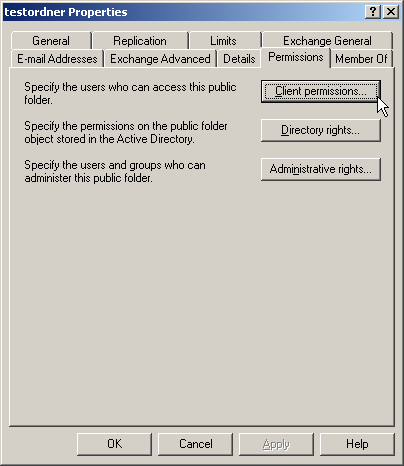
A written schedule that lists all classes would be a better alternative. How do you tell everyone on campus where and when all the classes are held? Would a speech from the front steps work? Perhaps it might meet the need if your school is a very small one. The boss may say, as part of a charged-up motivational speech, “Do you hear me?” and the sales team is expected to call back “Yes Sir!” The boss, as a public speaker, recognizes that intrapersonal communication (thoughts of the individual members) or interpersonal communication (communication between team members) may interfere with this classic public speaking dynamic of all to one, or the audience devoting all its attention to the speaker, and incorporate attention getting and engagement strategies to keep the sales team focused on the message. This generalization is changing as norms and expectations change, and many cultures have a tradition of “call outs” or interjections that are not to be interpreted as interruptions or competition for the floor, but instead as affirmations. For example, the boss speaks to everyone, and the sales team quietly listens without interruption. In a public speaking situation, the group normally defers to the speaker.
#EXCHANGE PUBLIC FOLDER ALTERNATIVES FOR GROUP COMMUNICATION SERIES#
The speaker or writer may ask questions, and engage the audience in a discussion (in writing, examples are an e-mail discussion or a point-counter-point series of letters to the editor), but the dynamics of the conversation are distinct from group communication, where different rules apply. In public communication, one person speaks to a group of people the same is true of public written communication, where one person writes a message to be read by a small or large group. When you are unfamiliar with the expectations for a business event, it is always wise to err on the side of being punctual, regardless of what your internal assumptions about time and punctuality may be.

In other companies, “meeting and greeting” from about 9 to 9:05 or even 9:10 is the norm. In some companies, everyone may be expected to arrive ten to fifteen minutes before the announced start time to take their seats and be ready to commence business at 9:00 sharp. When your supervisor invites you to a meeting and says it will start at 7 p.m., does that mean 7:00 sharp, 7-ish, or even 7:30? In the business context, when a meeting is supposed to start at 9 a.m., is it promptly a 9 a.m.? Variations in time expectations depend on regional and national culture as well as individual corporate cultures. What was normal for them became normal for you, but not everyone’s idea of normal is the same. You weren’t born with them, so where did you learn them? From those around you as you grew up. As the German philosopher Jürgen Habermas said, “Every process of reaching understanding takes place against the background of a culturally ingrained preunderstanding.” (Habermas, 1984)įor example, you may have certain expectations of time and punctuality. What you perceive in communication with others is also influenced by your culture, native language, and your world view. For example, the voice within you that tells you, “Keep on Going! I can DO IT!” when you are putting your all into completing a five-mile race or that says, “This report I’ve written is pretty good.” Your intrapersonal communication can be positive or negative, and directly influences how you perceive and react to situations and communication with others. Intrapersonal communication involves one person it is often called “self-talk.” (Wood, 1997) Donna Vocate’s book on intrapersonal communication explains how, as we use language to reflect on our own experiences, we talk ourselves through situations.

Have you ever listened to a speech or lecture and gotten caught up in your thoughts so that, while the speaker continued, you were no longer listening? During a phone conversation, have you ever been thinking about what you are going to say, or what question you might ask, instead of listening to the other person? Finally, have you ever told yourself how you did after you wrote a document or gave a presentation? As you “talk with yourself” you are engaged in intrapersonal communication.


 0 kommentar(er)
0 kommentar(er)
